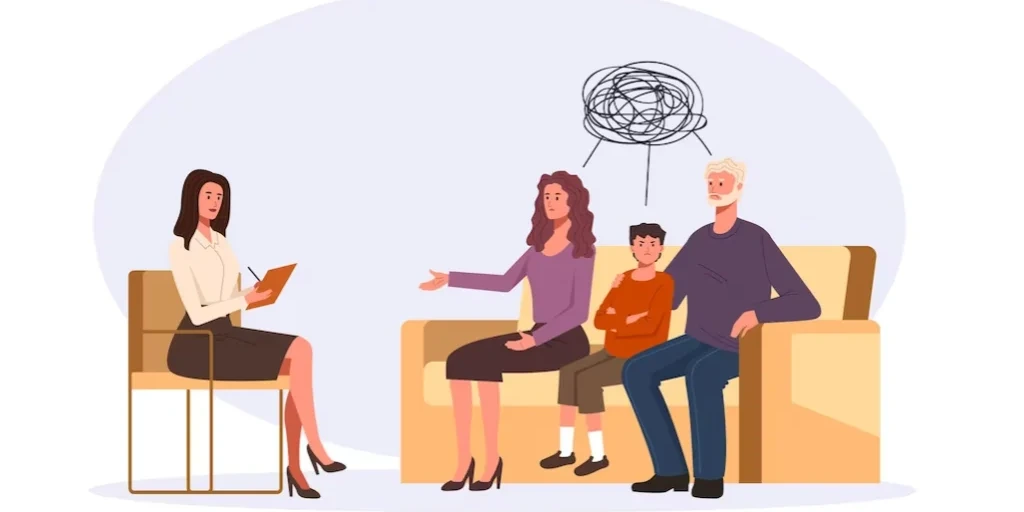24/7 Helpline:
(866) 899-221924/7 Helpline:
(866) 899-2219
Learn more about Bipolar Disorder Treatment centers in Peachtree City
Bipolar Disorder Treatment in Other Cities

Other Insurance Options

Magellan

Optum

CareFirst

State Farm

Carleon

Choice Care Network

Providence

Horizon Healthcare Service

Coventry Health Care

Highmark

ComPsych

Sutter

Ambetter

Humana

Molina Healthcare

Holman Group

Private insurance

Access to Recovery (ATR) Voucher

Oxford

Kaiser Permanente

Georgia Addiction Treatment Center
Georgia Addiction Treatment Center (GATC) is a CARF-accredited drug and alcohol rehab located in Pea...

Grace Harbour
Grace Harbour is an outpatient mental health clinic that serves individuals from all ages in a holis...





Turning Point New Directions
Turning Point New Directions is a counseling clinic located in Tyrone, GA. Turning Point New Directi...

The Insight Program
The Insight Program is a private rehab located in Tyrone, Georgia. The Insight Program specializes i...

Pyramid Healthcare – Pine Ridge Manor Halfway House for Men
Pyramid Healthcare - Pine Ridge Manor Halfway House for Men is located in Tyrone, Pennsylvania. Pyra...
































































